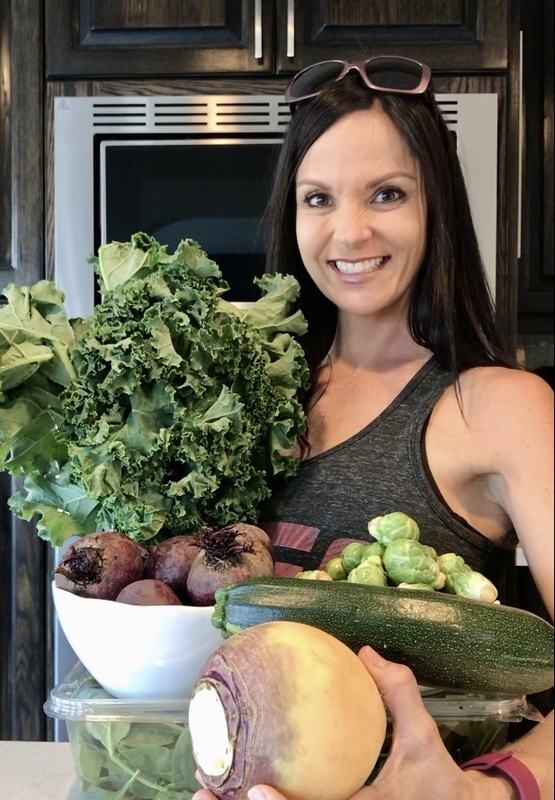Cost Effective Healthy Eating

Living in Kamloops, British Columbia is awesome for many reasons; one of the many is that we can produce so much of our own food here. I really love working in and harvesting from my garden, but I realize that not everyone has that luxury. So, how do you go about eating healthy without having to spend oodles at the grocery store? Thankfully, there ARE ways you can eat more wholesome foods (including lean proteins, complex carbs and healthy fats) without breaking the bank.
First off, start buying generic brands. Brand name items often contain the same ingredients as generic brands – you simply pay for the name. So grab the generic oatmeal, brown rice, PB, black beans and unsalted nuts. You may not like the packaging, but I bet you’ll enjoy the savings.
Also try your hand at buying in bulk. When you buy a large amount of anything, the price of individual units tends to be lower. The more you buy, the less each unit actually costs you. Just make sure you’re actually going to eat what you’re buying...wasted food equals wasted money. Remember that you can even purchase canned goods in bulk. Some stores have one aisle set aside for their “case-lot” items.
An easy way to save money on fruits and vegetables is to buy what’s in season. A bonus is that they always taste better too! In October and November, buy beets, Brussels sprouts, carrots, turnips, parsnips, bok choy, cabbage, kale, rutabagas and arugula. For a monthly breakdown of seasonal produce, check Google. Get into the habit of doing this every time you shop – after a while, you’ll KNOW what’s in season and you’ll have saved yourself some coin.
Also, remember that peas, beans, lentils, sweet potatoes, potatoes and dark leafy greens are all complex carbohydrates, so load up. And if they’re not in season, head to the freezer section. Many studies have shown that frozen produce is healthier for you than canned and even some fresh produce (fresh vegetables not in season were picked before they were ripe in order to be shipped effectively – effective, yes; healthy, no).
Lastly, purchase whole (unprocessed) foods and budget-friendly proteins. Whole foods are cheaper AND more nutritious, so it’s a win-win situation. If you can steer clear of purchasing boxed items, you will be doing your body and pocketbook a favor. As for cheaper proteins, choose frozen chicken breasts, ground turkey (just add SEASONINGS, folks!),eggs, tuna and cottage cheese. Nuts and salmon are great proteins, but tend to be quite pricey, so save those for special occasions.
Spending a little extra in order to eat better is a trade-off most are willing to pay as long as it isn’t a huge expense. Keep these tips in mind when planning your next trip to the grocery store and enjoy the fruits of your labours!

